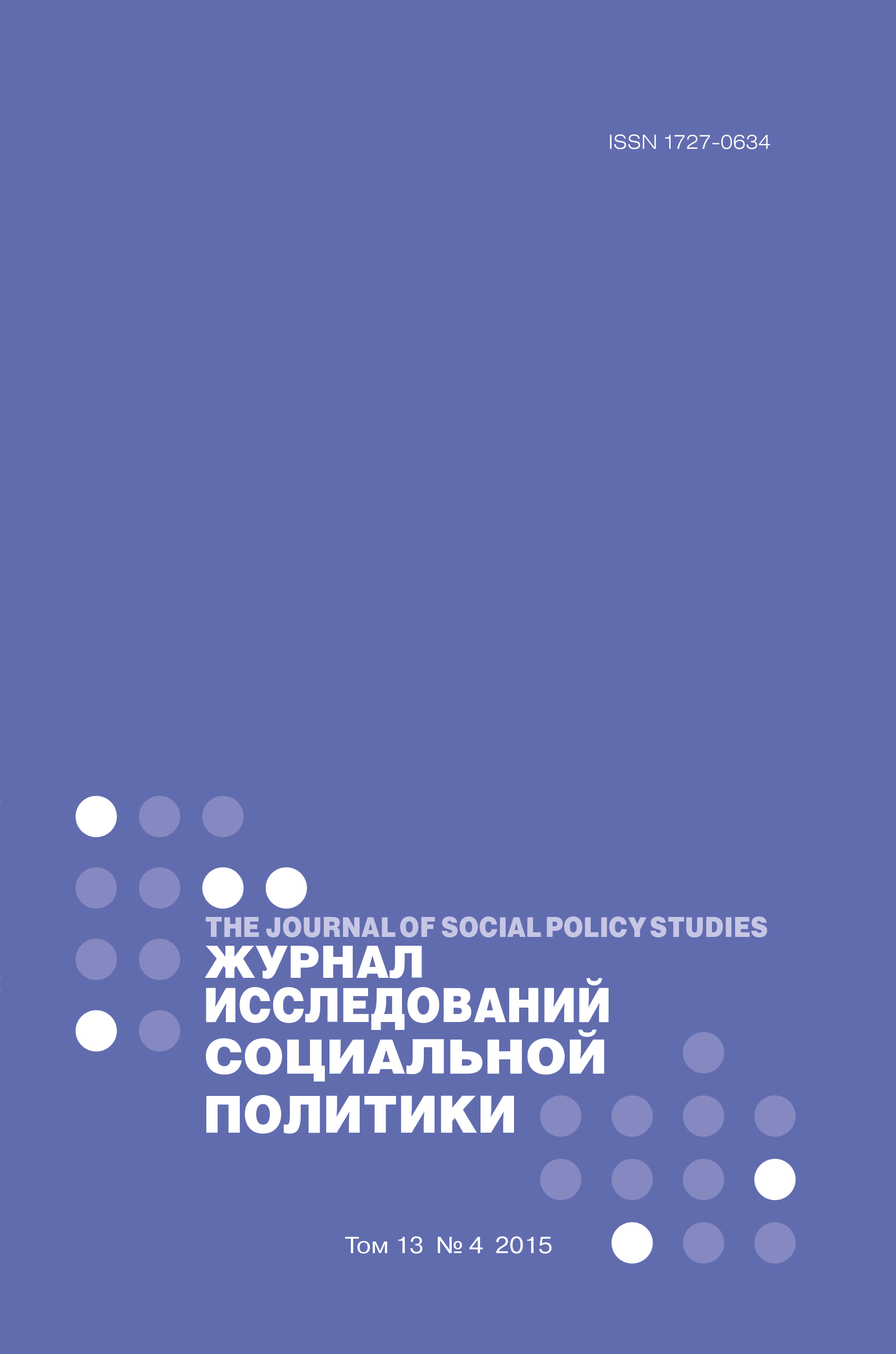Social responsibility among Russian attorneys: factors behind the provision of free legal assistance both by court appointment and pro bono
Keywords:
social capital, pro bono, advocacy, legal aid, professional community, court-appointed lawyer, legal ethics
Abstract
One of the critical issues in the development of welfare state is how to offer all citizens equal access to justice. In many countries, the legal community provides free legal services to poor people to help protect their rights. This practice is of central importance in upholding the basic humanistic principle of equality before the law. Over the last few years there have been a number of debates in Russia on how best to develop free legal services, given that not all citizens can afford the services of a professional lawyer. In this survey, we consider factors that influence how attorneys become engaged in two different types of free legal services: free legal services in criminal trials assigned to them by the court (under Art. 51 of the Criminal Procedure Code of the Russian Federation) and pro bono legal services. Based on data from a representative survey of 3317 attorneys in 35 regions in Russia we conclude that cases from the court appointments is an economically-determined practice for lawyers and tends to involve lawyers with little experience and less social capital, who are in less demand within the legal profession. In contrast, pro bono services are often provided by attorneys enjoying high social capital. They are also more reputation-oriented and less oriented toward personal gain. Thereby, it can be demonstrated that providing different types of free legal services depends on the status and the position of the attorney within the professional community, in particular, the economic and social capital at disposal of the lawyers, as well as their ethical values. Based on the results of this study it can be assumed that extending the “organized core» of the legal community could promote pro bono practices and increase the value of social responsibility in the legal system in general. To achieve this goal the legal community should seek to reduce internal heterogeneity by raising the barriers of entry into the profession and thus bridge the gap between those specializing in work at court appointments and the rest of the legal community.Downloads
Download data is not yet available.
Published
2015-11-23
How to Cite
КазунА. П. (2015). Social responsibility among Russian attorneys: factors behind the provision of free legal assistance both by court appointment and pro bono. The Journal of Social Policy Studies, 13(4), 563-578. Retrieved from https://jsps.hse.ru/article/view/3300
Section
ARTICLES IN RUSSIAN















